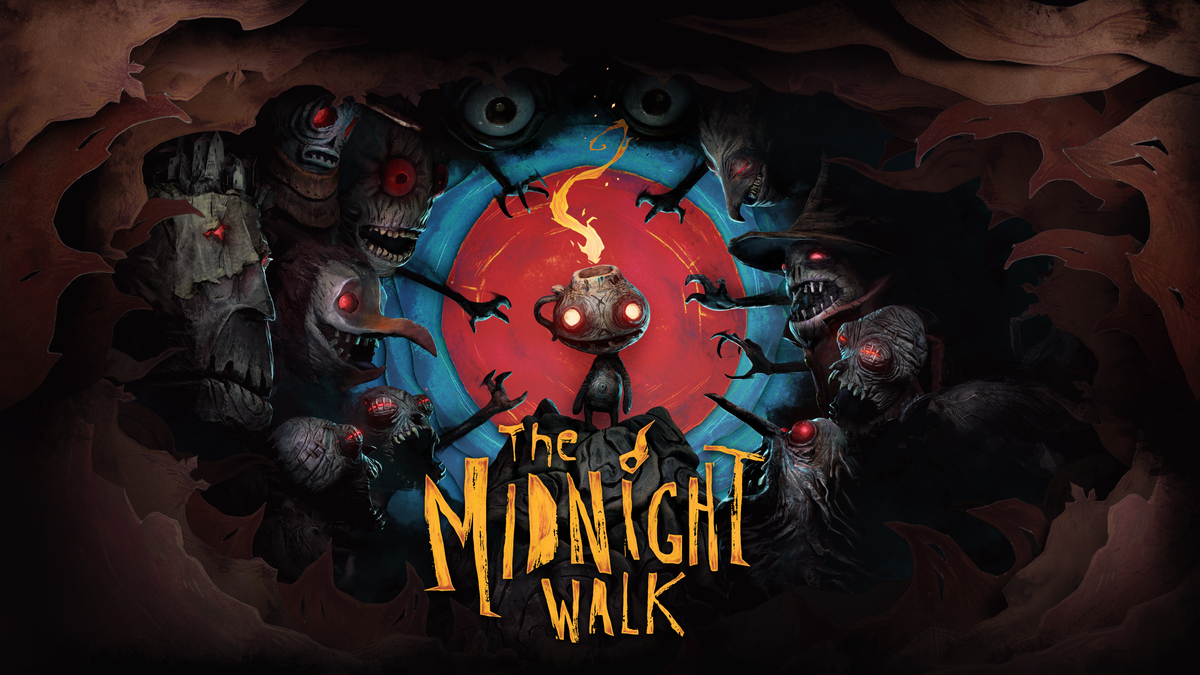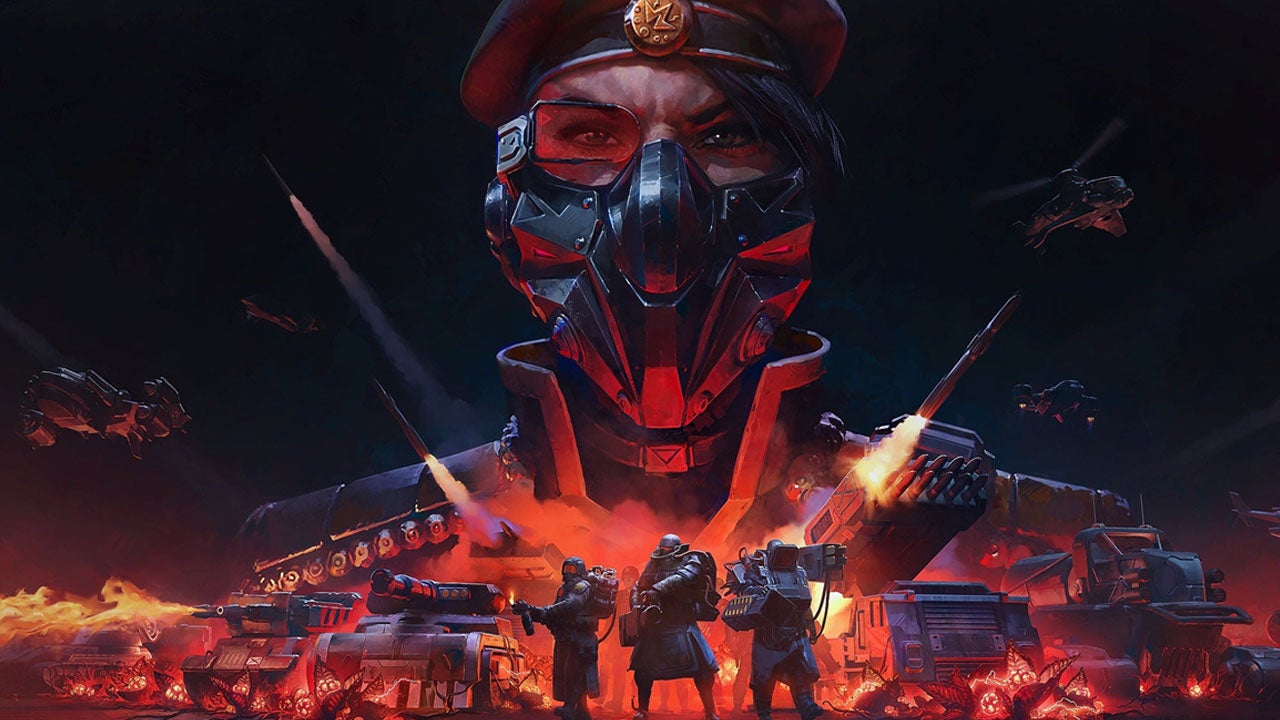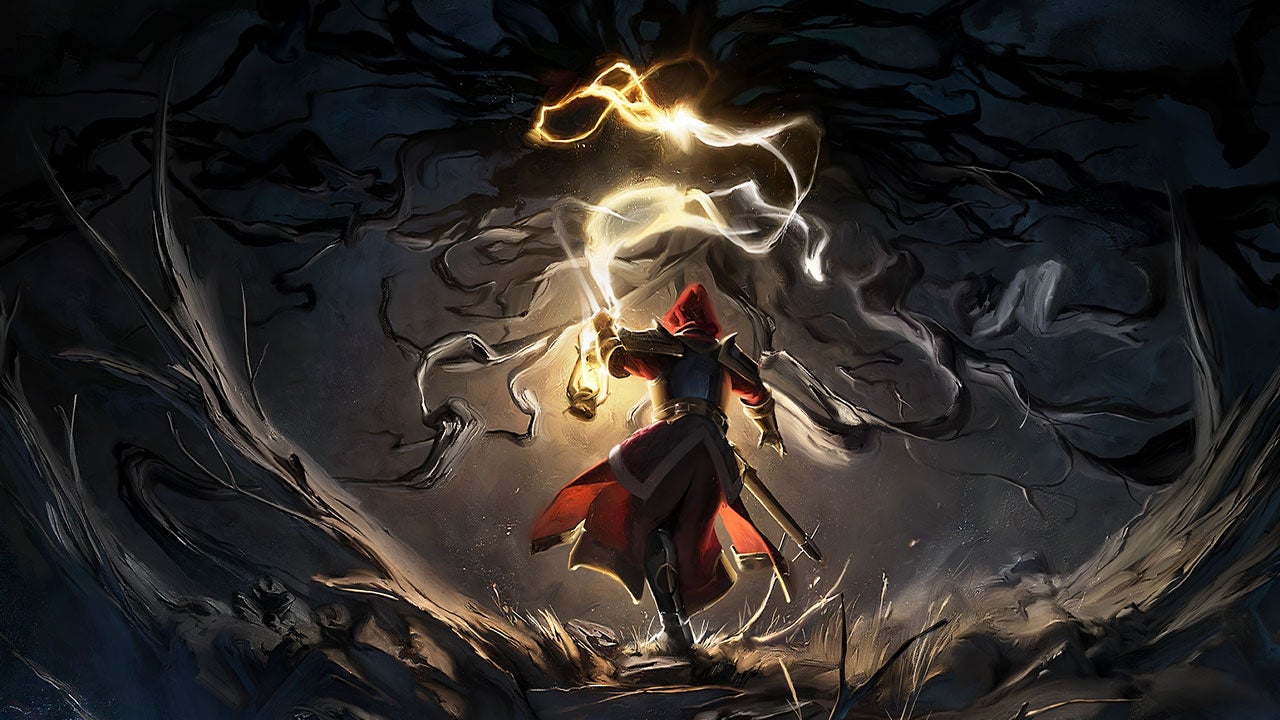Sometimes games take you by surprise in the most unexpected ways. At a glance, Schedule 1 looks like the kind of gritty underworld simulator you might associate with chaotic criminal fantasies. But after spending a considerable amount of time in its unusual world, it reveals itself as something quite different—a surprisingly relaxing and oddly wholesome management sim cloaked in the aesthetics of a crime story. Despite its premise centered on manufacturing and distributing illegal substances in a seedy urban sprawl, what you actually get is a calm and captivating loop of gardening, community engagement, and clever optimization. The rough edges typical of Early Access are present—bugs, performance hiccups, and a missing late-game—but even so, the core experience is so strangely soothing and fun that it’s easy to forgive its unfinished state.
At its heart, Schedule 1 is a first-person simulation of entrepreneurial crime, where your goal is to grow a modest solo operation into a bustling narcotics empire. You begin in dire straits, armed with nothing but some seeds, basic tools, and a shabby apartment. From there, the game invites you to slowly build up your business, cultivating plants, experimenting with new drug formulas, and handing out free samples to the locals. As your network expands, you gain access to new ingredients, more efficient methods, and a cast of quirky neighborhood characters who’ll help you grow your enterprise. The game’s structure rewards creativity and curiosity, encouraging players to mix, match, and fine-tune their product lineup to suit the ever-evolving tastes of their clientele.
The city’s residents all have their own preferences, and tailoring your goods to match their desired effects is both strategic and hilarious. Part of the fun lies in experimenting with different ingredient combinations—some relatively mundane, others outrageously bizarre—and discovering the unpredictable names the game assigns to your new concoctions. The humor leans into the absurd, with product names that sound like a high schooler’s graffiti tag crossed with a pharmaceutical ad campaign gone off the rails. It’s crude, sure, but it fits the tone perfectly, delivering laughs alongside the satisfaction of mastering your craft.
Much of your time is spent performing small but satisfying tasks like trimming plants, filling jars, or tweaking recipes in your lab setup. These seemingly menial chores have a meditative quality to them, gradually giving way to more advanced systems once you’ve unlocked automation. At that point, the game shifts gears toward more complex logistical planning—you become less of a hands-on grower and more of a high-level strategist, adjusting production lines, managing your dealer network, and optimizing supply chains. This pivot feels organic and deeply rewarding, especially for fans of efficiency-focused games.
What’s striking is how little actual danger you face as a drug dealer. Law enforcement in Schedule 1 is more like a polite inconvenience than a real threat. Cops might show up on the streets, but they’re laughably easy to avoid. They don’t raid your operations, and even blatant acts of criminality often go unpunished. It’s clear that the game isn’t trying to be a grim, high-stakes crime thriller. Instead, it plays more like a cozy sandbox where the stakes are low and the vibe is chill—think Animal Crossing with edibles and a chemistry set. You’re more likely to spend your time skateboarding from delivery to delivery, casually spreading your influence across the city without ever pulling a gun or throwing a punch.
The weapons that are present—like a revolver or a bat—feel like remnants of a different kind of game. They exist, but there’s rarely a reason to use them. The focus remains on growth, both financial and agricultural, and your journey from a broke hustler to a drug tycoon is painted with a tongue-in-cheek tone that manages to stay light even as you climb the ranks of a fictional narcotics empire.
Multiplayer is also supported, and it offers a fun way to collaborate on your empire-building efforts. Having a friend help with deliveries or take over part of your operations brings even more life to the world and allows for a shared laugh as you both try to figure out whether your latest psychedelic blend is a market success or a total flop.
The biggest limitation at this stage is the game’s incompleteness. After a certain point—roughly 20 hours in—you’ll find yourself with little left to unlock. Once you’ve built out your empire and tried the current slate of available substances, progression slows to a crawl. The game provides some cosmetic upgrades like better transportation or front businesses to launder money through, but they lack substantial gameplay impact. The narrative setup, which starts out promisingly with your mentor guiding you through the ropes, also fades away before it can develop into anything truly memorable.
Technical issues are present, though not overwhelming. Frame drops happen occasionally, and certain parts of your dealer network may glitch and require a reset. These problems, while noticeable, never seriously undermined the gameplay for me. For a game still in development, it runs fairly smoothly and feels more polished than many of its Early Access peers.
Schedule 1 manages to walk a fine line between satire, simulation, and serene city life. Its offbeat tone, paired with its surprisingly robust and relaxing mechanics, make it one of the most unexpectedly enjoyable management sims I’ve played in a long time. The absurdity of its premise is counterbalanced by how thoughtfully its systems are constructed, and even with its current lack of late-game content, I found myself genuinely eager to keep experimenting, growing, and refining.
There’s still a lot of potential to unlock here, and if future updates add more depth, more drugs, and more meaningful narrative progression, Schedule 1 could easily move from a quirky curiosity to a full-on cult classic. For now, it’s already a fascinating and darkly delightful experience that invites you to embrace your inner botanist, chemist, and capitalist all at once—with a skateboard under your feet and a smile on your face.







